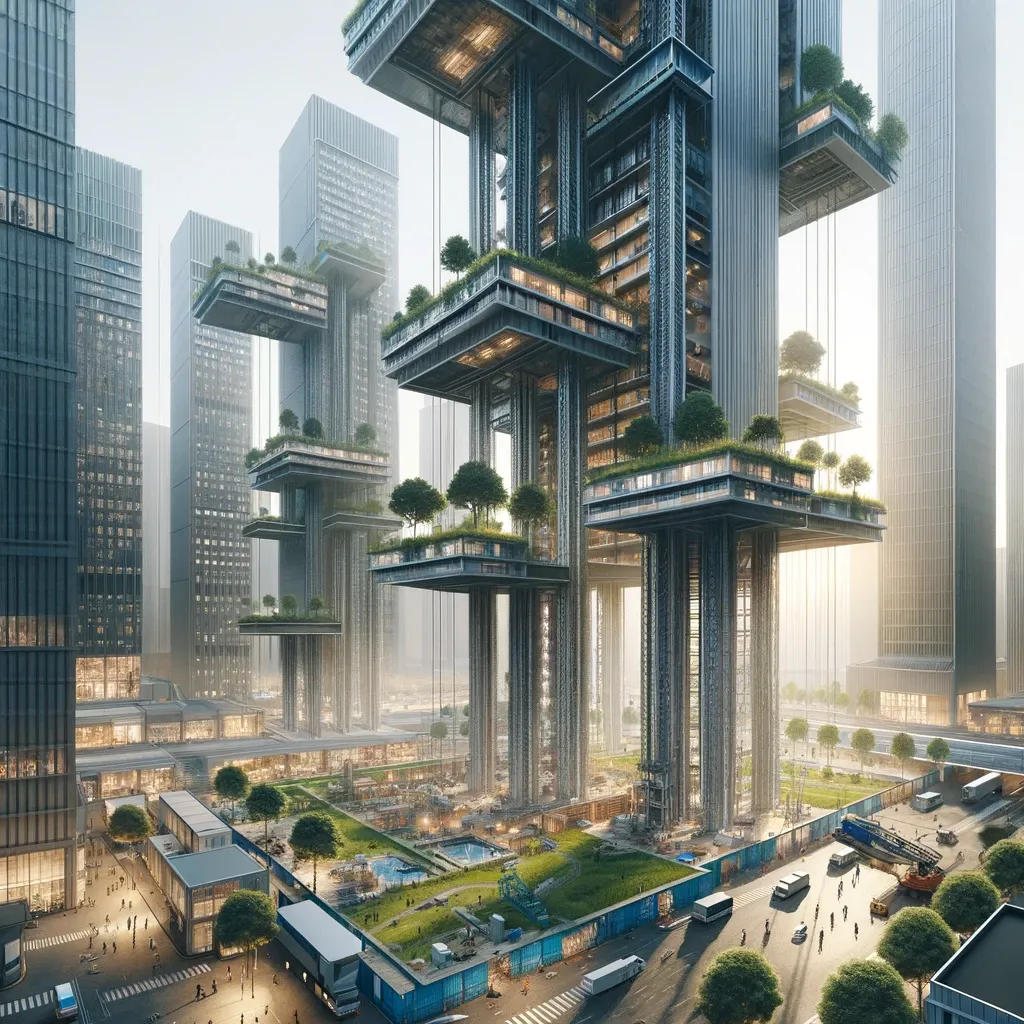What if apartments appeared on the roofs of your buildings tomorrow?

The Prime Minister is striving to resolve the crisis by creating a "supply shock," promising to "grab all possible housing with both hands." Gabriel Attal has a multitude of issues on his desk, and among them, the housing problem holds a significant place due to the tense situation across the country. To accelerate the construction of new housing, the Prime Minister is focusing on "soft intensification." In cities where land is a scarce and expensive resource, this means building upwards. "I want us to start building vertically in all major cities in France from 2025," he stated on February 14 during a visit to a construction site in Vilgénis, mentioning the idea of "raising some buildings."
This method is not new. "It has always existed everywhere and practically at all times; it just hasn't been so noticeable," said architect Géraldine Boucher-Blanc to 20 Minutes a year ago. For homeowners, this elevation allows for an increase in living space without changing the land plot. But it also works for apartment buildings, with the possibility of adding floors to an already existing structure.
“We don’t turn cities into Manhattan,” says Florence Bagné, responsible for partnerships and innovation at UpFactor. “We’re more about adding lace, if possible, adding one or two extra floors to some buildings.” Founded in 2017, this company is helping an increasing number of major cities build upwards, as the new ZAN law requires municipalities to rethink their construction methods.
Therefore, the construction of buildings is becoming "an opportunity to combine housing production with avoiding land development and urban sprawl," believes Marc Hervé, the first deputy mayor of Rennes responsible for urban planning. In order to build 5,000 new homes per year in its new local housing program (2023-2028), the Rennes metropolitan area has tasked UpFactor with listing all potential sources of air rights in its territory.
And she is far from being the only one with such an initiative, which has been launched in several major cities in recent months. This happened in Strasbourg, where 16,500 buildings have been identified that could be reconstructed. The same is true in Nice, where around 7,750 new apartments could be built by raising existing buildings, half of which will be social housing. "This is not the only solution, as we can also talk about three million vacant apartments in France," notes urban strategy consultant Jean-Yves Chapuy.




But before apartments start appearing on building rooftops, it is necessary to convince owners, tenants, or co-owners to begin the work. In this regard, the procedures for such operations have been simplified. Since the adoption of the Alur law in 2014, the owner of the top floor, who bears the highest costs, no longer has a veto right. This has been replaced by the right of first refusal for one or more apartments built above their heads. However, there are still other obstacles, such as administrative complexities in such projects, the cost of work, parking issues, and potential inconveniences for neighbors with the possibility of legal action. "The concept of acceptability is fundamental for such projects," emphasizes Florence Bagné. But in her opinion, raising a building also has many advantages, including financial ones. "The profit from selling the right to raise, obtained by co-owners, can be used to finance energy renovations and thus increase the value of their property," she assures. "This can also be an opportunity to install elevators in buildings where there are none."
Tags
Comment

Subscribe to the newsletter from Hatamatata.com!
Subscribe to the newsletter from Hatamatata.com!
I agree to the processing of personal data and confidentiality rules of Hatamatata


